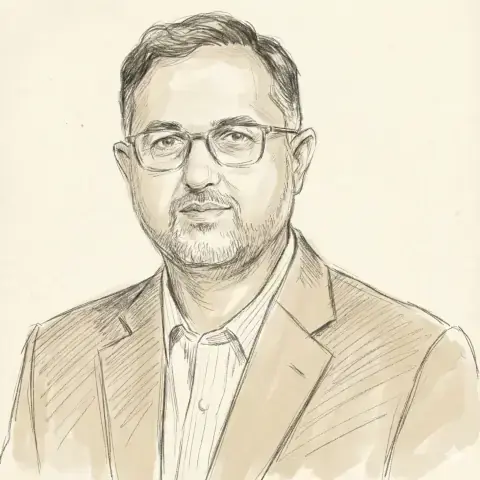ISLAMABAD: The Foreign Office on Tuesday welcomed a joint statement issued by six international human rights organisations demanding India release political detainees and restore high-speed internet in occupied Kashmir.
Foreign Office spokesperson Aisha Farooqui, through a series of tweets, praised the statement and underscored key messages contained in the statement issued jointly by Amnesty International India; Asian Forum for Human Rights and Development (FORUM-ASIA); CIVICUS: World Alliance for Citizen Participation; International Commissions of Jurists (ICJ); International Federation for Human Rights (FIDH); and World Organisation Against Torture (OMCT).
“The joint statement rightly underlines that measures to combat Covid-19 must respect human rights of every individual. Urgent release of political prisoners, human rights defenders & all those arrested in IOJ&K after 5 August 2019 is therefore imperative,” the spokesperson noted.
Although the statement was issued in the backdrop of aggravating coronavirus pandemic in India, it was emphasised by the issuing groups that the concerns raised by them relating to torture, ill-treatment, or arbitrarily depriving people of their liberty were not limited to the Covid-19 pandemic.
“These are not new issues. The government of India must urgently address them, regardless of the threat of a global pandemic. A truly healthy society is one where fundamental rights are enjoyed by all, in time of crisis and beyond,” the statement stressed.
The statement demanded immediate release of political detainees, particularly those vulnerable to Covid-19, including older detainees, sick, and low-risk offenders; provision of adequate healthcare for prisoners and implementing preventive measures within the jails, such as the screening facility for the safety of all prisoners and prison staff; screening and the follow-up monitoring of the released inmates; and providing all prisoners with alternative measures to prison visits (e.g. video conferencing, telephone access).
It further called for ensuring that safeguards against torture and ill-treatment of people in custody, including access to lawyers and medical examinations, were maintained during the emergency; and restoration of full access to high-speed internet in occupied Jammu & Kashmir.
The statement quoted the Indian official figures, according to which 7,357 people had been arrested in occupied Jammu and Kashmir after forced annexation of the valley on Aug 5, 2019, and noted that despite the release of a large number of detainees, hundreds were still in custody under Sections 107 and 151 of the Criminal Procedure Code, the Unlawful Activities (Prevention) Act (UAPA), and the Public Security Act (PSA), a controversial law, which allows the administrative detention of any individual for up to two years without charge or trial.
Published in Dawn, April 8th, 2020


































